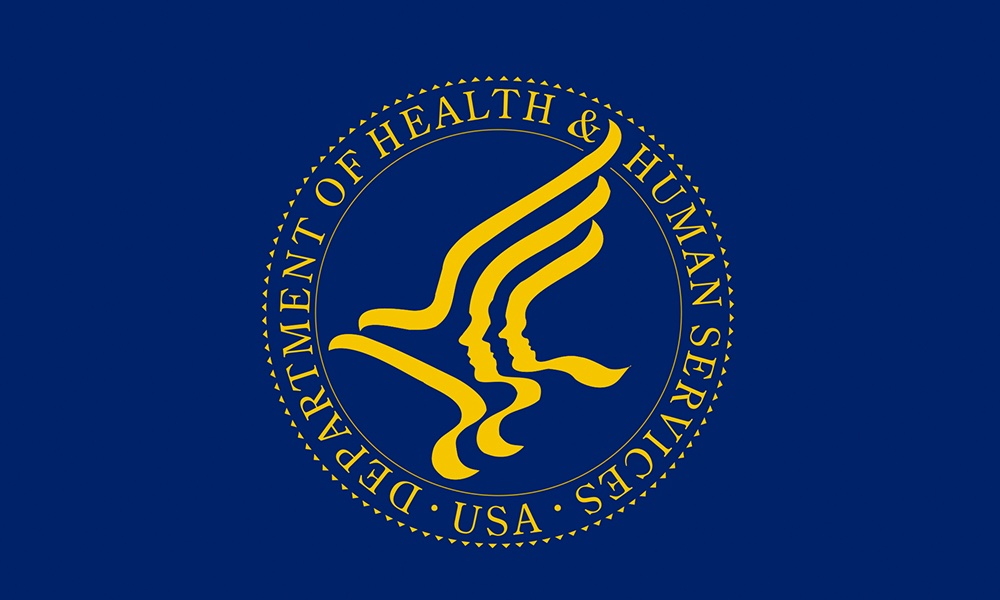If you are pregnant or thinking of becoming pregnant, you might want to take a closer look at the medications in your medicine cabinet. Taking something as simple as a common cold medication bought at the local drug store could set the stage for lifelong behavioral problems in your unborn child, according to a new study.
Women who are pregnant must be especially careful about what prescription drugs they take, but over-the-counter (OTC) drugs and nutritional supplements can also cause problems. Products that have been safe for them as adults may not be safe at all for developing fetuses, and exposure can lead to acute toxicity or chronic health conditions.
During their nine months of pregnancy, women, of course, still have health problems that need to be treated. These can range from short-term illnesses — colds, allergies, and infections — to more serious health issues like diabetes and high blood pressure.
Acetaminophen (paracetamol), the main ingredient in Tylenol, has long been considered as safe to take during pregnancy, but its safety has recently come into question.The risk of ADHD increased as the frequency of acetaminophen use increased, especially when use occurred in more than one trimester.
Investigators examining the rise in attention deficit disorders wondered whether there was an association between the use of acetaminophen during pregnancy and the development of ADHD in children.
Many non-prescription and prescription cold and pain medications found in most homes contain acetaminophen. The researchers were concerned about its possible negative effects on children because studies have suggested that acetaminophen acts as an endocrine disruptor.
Danish researchers contacted over 60,000 pregnant women by telephone when they were in their 12th and 30th weeks of their pregnancy about their use of acetaminophen and again six months after their children were born. More than half of the mothers reported using acetaminophen at some point during the pregnancy. Their children were followed for nearly six years and monitored for the development of ADHD symptoms.
Children exposed to acetaminophen in the womb had an increased risk for ADHD-like behaviors. And the risk rose as the frequency of acetaminophen use increased, especially when mothers used the painkiller in more than one trimester.The findings may explain why ADHD seems to be becoming more common.
Mothers' reports of psychiatric illness or fever, inflammation or infections during pregnancy did not affect these results. There was no impact on ADHD risk seen with reported use of ibuprofen and aspirin during pregnancy.
Given these results, the researchers conclude that prenatal exposure to acetaminophen may increase the risk in children of receiving a diagnosis or ADHD or exhibiting ADHD-like behaviors, and this may explain why ADHD appears to be more common. “If these results reflect causal associations, acetaminophen should no longer be considered a safe drug for use in pregnancy,” they write.
More research is needed, however, before we can be certain about these effects. Experts reviewing the study in an editorial accompanying its publication in JAMA Pediatrics caution against overreacting to the findings because of certain weaknesses in the study's design. For example, while the number of weeks of exposure to acetaminophen was reported, the actual dosing of the acetaminophen was not, and gestational age at the time of exposure could not always be accurately assessed because mothers were not certain when they became pregnant.
There are some conditions for which acetaminophen is recommended that are in themselves dangerous to the fetus, such as high fever and inflammation, and these may require treatment to prevent known problems for the infant.
As the authors of the editorial note, while this study establishes an association between acetaminophen and ADHD, it does not show that acetaminophen use actually causes the development of ADHD. The authors of the study agree.
Keep in mind that there are some conditions for which acetaminophen is recommended that are in themselves dangerous to the fetus, such as high fever and inflammation, and these may require treatment with acetaminophen to prevent known problems for the infant.
But before taking a product containing acetaminophen for minor aches and pains, pregnant women may want to be cautious.
“The safety of some medications during pregnancy should not unquestioningly be considered absolute.... We should continually remain vigilant to the need to reappraise the evidence concerning the risk-benefit balances of medication in light of new research findings,” according to the editorial.




